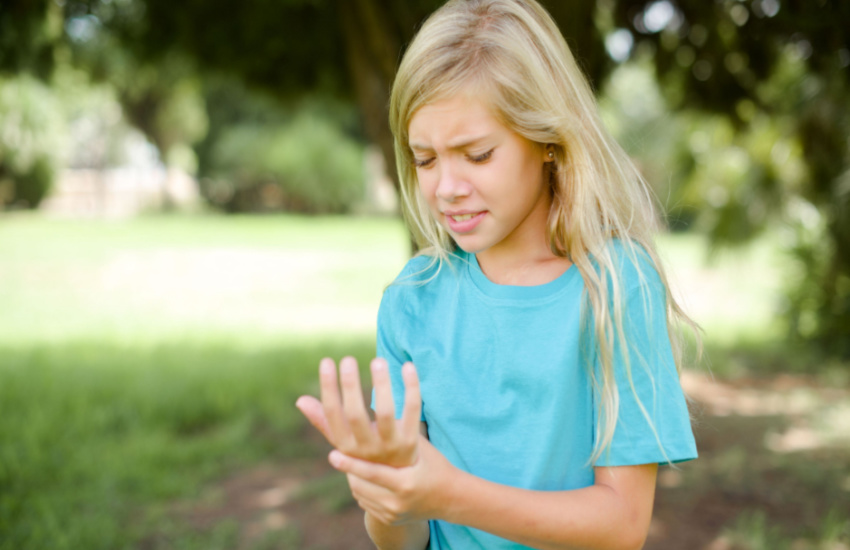During summers, more people become interested in outdoor activities. People look for respite from hot weather and indulge in water-related activities. Hiking, water sports, or even outdoor gardening are pursued actively. Gardening can help your body fight disease as you get Vitamin D that helps strengthen bones and the immune system. It also helps lower the risk of breast cancer, prostate cancer, bladder cancer, and multiple sclerosis. According to the Centers for Disease Control and Prevention (CDC), gardening is an exercise. Raking and cutting grass come under light to moderate exercise, whereas shoveling and digging are vigorous exercises.
Gardening is a meaningful activity for some people across their lifespan. While it is a stress buster, it can be hard work for the muscles and joints of your hands and arms. Remember, gardening can be physically demanding depending on your task list, such as lifting soil bags, mowing the lawn, etc. Sometimes, awkward positions and new or repetitive movements can lead to discomfort, pain, and even injuries. So, it is better to avoid overdoing it and not stress yourself out. A person gardening is most likely to develop a sprain or strain. The symptoms depend on the severity, such as pain, muscle spasms, or limited movement ability. More severe symptoms include a pop sound when the injury happens, no movement due to significant pain, direct pain over the bone, numbness, etc. Treating the injured area with Rest, Ice, Compression, and Elevation (RICE) within 24 to 72 hours is crucial. Form Hand Therapy can help fabricate splints, suggest exercises to regain hand or wrist function, and provide treatments based on severity. Some of the other common conditions are –
- Carpal Tunnel Syndrome
- de Quervain’s Tenosynovitis of the Thumb
- Lateral Epicondylitis
- Low Back Pain
- Neck Pain
- Pre-patellar bursitis
- Shoulder Tendonitis
Safety Measures
Whenever gardening, always be prepared and mindful of all the safety measures.
Use gloves – Wear gloves when working outside to protect hands from fertilizers, pesticides, bacteria, and fungus. While working, if you may end up cutting yourself, then gloves can help during such times and prevent your hand from getting further infected by the bacteria, fungus, etc. Leather gloves act as a good protection layer and help from insects, rodents, snake bites, and skin irritants in the garden.
Avoid repetitive motions – It is better to avoid repetitive movements such as digging, raking, trimming, or more unless you are entirely used to the activity. You must change your task every 15min to avoid strain on your muscles.
Tools and not hands – Use tools instead of hands; sharp objects and debris buried in the soil can hurt you. Try to remove work objects so that it doesn’t obstruct you or your work.
Use the right tools – Look for brands with safety locks when buying pruners or loppers. Avoid getting a size fits all device as it is highly likely if your hand is small or big for the tool, it would be inconvenient during the work. Always read the instructions from the manual and remember to plug out all electrical devices and disconnect spark plug wires when not in use. Do not let children use any tools.
Be mindful of posture –Your posture simply doesn’t refer to the body but the angle of your hand too. Research shows that people may lose up to 25% of their grip strength when their wrist is bent.
If you’ve hurt yourself while gardening, reach out to us at (510) 350-3030.

